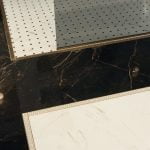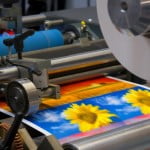
If you have ever bought into a Kickstarter campaign and waited for what may have felt like forever to get what you paid for, you’re among the millions of victims of the dreaded “manufacturing complications.” I recently received the Gnarbox hard drive I backed in 2015—the delay courtesy of a bumpy trip from prototype to consumer product. Some projects have it much worse, like the infamous Coolest Cooler, which raised over $13 million, and still has backers waiting for a product they expected to receive in early 2015. In fact, a 2015 study found that 9 percent of Kickstarter projects never delivered their “rewards” at all.
Many crowdfunding founders are notoriously ill-prepared for the rigors of bringing a product to market. “The manufacturing process begins much earlier than when you go into production,” Kickstarter CEO Yancey Strickler told me over the phone. “Manufacturing is about pricing and preparation and sourcing materials—it’s not just handing over CAD files.” And that’s where a lot of Kickstarter’s gadget creators lose their footing.
Kickstarter is hoping to prevent this from happening with its new Hardware Studio program.
This does not mean, however, that Kickstarter is getting into the business of actually producing gadgets. “Kickstarter is not a store” has been one of the company’s mottos since the early days—and that’s not changing. Instead, Hardware Studio is a partnership between Kickstarter and two manufacturing companies with whom it already had an informal relationship. Dragon Innovation is a Boston-based company dedicated to the logistics of manufacturing; it helps companies plan the process from the early stages and even assist in things like selecting a factory and overseeing the production. The other player is Avnet, a huge distributor of the electronic components.











